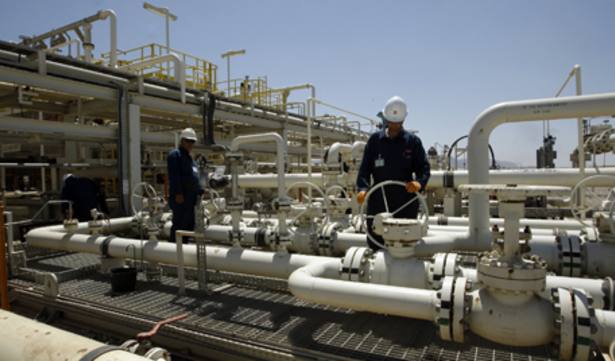He says: “A lot of the commodities we invest in have seen global stock levels fall in the last five years (for example oil, aluminium, US natural gas) and we expect those markets to continue to restock over the next 12 to 18 months."
He adds: “Even with low inflation, real rates are negative in many developed economies right now. This is another period when commodity prices perform well.”
Nevertheless, it would take a brave or foolhardy pension investor who would have a large exposure to commodity investments, warns Mr Connolly.
Indeed, David Scott, investment manager at Leeds-based Andrews Gwynne, says: “Nobody knows what will happen with oil prices, except that it will be volatile, so you can definitely expect a degree of volatility.
“The real question is whether people should have exposure to the US dollar in the first place because right now is really not the time to put in extra risks into your portfolio.
"Instead, clients should be advised to reduce exposure to risks significantly.”
He adds: “Especially now that you've got the inverse of the US yield curve, and there is mounting evidence that the economy is slowing sharply – not good news for commodity prices.
“Oil is largely moved by geopolitical prices more than anything and the world is more of an angry place. So, from our perspective, you would be best to be cautious and we take the view that you should pile off risk and position yourself for a fairly tough time.”
Separately, Mr Elston warns: “We believe there will be a recession towards the end of next year and so we have been reducing our equity exposure and establishing a position in gold mining companies and physical gold in order to help recession-proof our fund.”
victoria.ticha@ft.com






